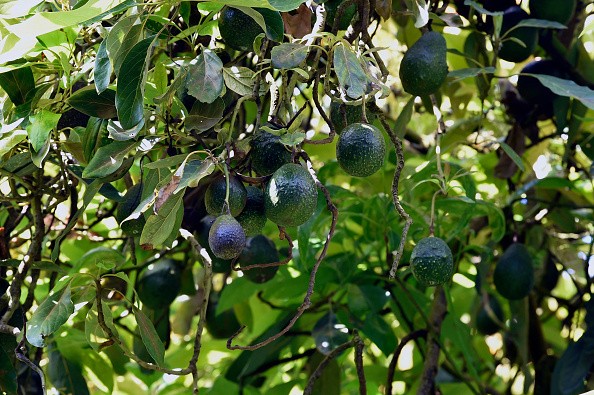A 30-year research of over 110,000 health professionals revealed that individuals who ate at least two servings of avocado per week had a decreased risk of cardiovascular disease than those who ate avocados just occasionally.
Replacing animal items with avocados, such as butter, cheese, or bacon, was also linked to a decreased risk of cardiovascular disease events.
Avocados can reduce heart risks

According to the latest report recently published in the Journal of the American Heart Association, open access, participant journal of the American Heart Association, eating two or more portions of avocado every week was associated with a reduced risk associated with cardiovascular disease, and replacing avocado for certain morbidly obese foods like butter, cheese, or processed meats was associated with a lower risk of cardiovascular illness events.
Avocados include dietary fiber, essential fats, particularly monounsaturated fat (healthy fats), and other beneficial elements linked to excellent heart health.
Avocados have already been shown in clinical trials to have a beneficial effect on cardiovascular risk factors such as high cholesterol.
The researchers think this is the first big, prospective study to show a link between increased avocado intake and a decreased risk of cardiovascular events including coronary heart disease and stroke.
The investigation discovered that:
After controlling for a variety of cardiovascular risk variables and overall diet, research participants who ate at least two servings of avocado per week had a 16% reduced risk of cardiovascular disease and a 21% lower risk of coronary heart disease than those who never or seldom ate avocados, as per ScienceDaily.
According to statistical modeling, substituting half a serving of avocado for half a serving of margarine, butter, egg, yogurt, cheese, or processed meats like bacon was linked with a 16 to 22 percent decreased risk of cardiovascular disease events.
Substituting half an avocado per day for a comparable quantity of olive oil, almonds, or other plant oils provided no significant benefit.
CVD Ascertainment
The major end measure was incident instances of total CVD, which were defined as a combination of fatal CHD and nonfatal myocardial infarction, as well as total mortality stroke, as per Ahajournals.
Secondary outcomes included: total CHD, characterized as fatal and nonfatal myocardial injury; and total stroke, classified as fatal and nonfatal infarction, hemorrhagic, and unknown subtypes of stroke. When a participant reported an incident occurrence on each biannual questionnaire, consent was obtained to check medical records, which were evaluated by research investigators who were not aware of the subject's risk factor status.
As the diagnostic date for each incident, the month and year of diagnosis were noted. Medical records were reviewed to confirm nonfatal incidents.
A Self report of a medical diagnosis was used to identify the baseline history of hypertension, hypercholesterolemia, and type 2 diabetes.
Age, body weight, smoking status, physical activity, aspire, in and other medication usage, multivitamin use, menopausal status, postmenopausal hormonal therapy, oral contraceptive use, and recently diagnosed chronic illness were all analyzed using updated biannual data on lifestyle and CVD risk variables.
Because the study is observational, a direct cause-and-effect relationship cannot be established. Data collection and the composition of the study population are two significant limitations of the study.
Because food consumption was self-reported, measurement errors may have influenced the study's findings.
Because the participants were predominantly white nurses and health care workers, the findings may not apply to other groups.
Related article: Eating Avocado Linked With Better Nutrient Intake, Diet Quality
© 2025 NatureWorldNews.com All rights reserved. Do not reproduce without permission.





